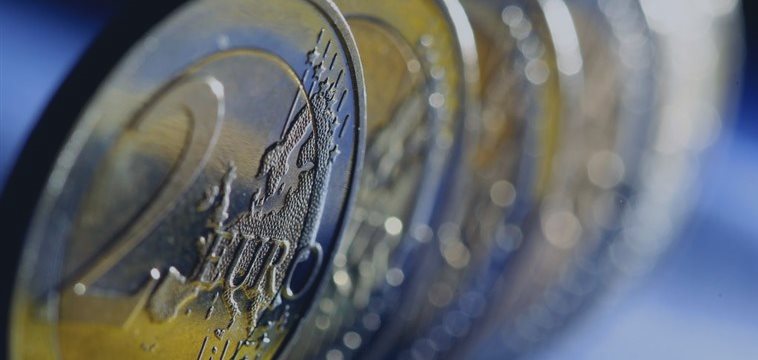On Wednesday the euro dropped to a 12-year low as national central banks in the euro region
were said to have purchased sovereign debt for a second day on
Tuesday in their quantitative-easing program.
The greenback has outperformed its peers this year as the Federal Reserve contemplates its first interest-rate increase since 2006.
“Because the euro is falling for a legitimate fundamental reason and has the full support of the European policy makers, it really is easy to envisage even further heavy falls as quantitative easing continues,” said Sean Callow, a currency strategist at Westpac Banking Corp. in Sydney. “This selloff is driven by a historically large divergence in the monetary stance of the Fed and the ECB. It’s something that won’t turn around anytime soon.”
The euro was little changed at $1.0694 at 6:58 a.m. in
London from Tuesday, after reaching $1.0666, the weakest since
April 2003. The 19-nation currency earlier touched 129.23 yen,
the lowest since August 2013, before rising 0.1 percent from
Tuesday to 129.70 yen.
The common currency has weakened about 11.6 percent this year, eclipsing the 10.6 percent decline during the credit crunch in the third quarter of 2008.
According to Deutsche Bank AG
strategists George Saravelos and Robin Winkler, the ECB may see more capital leave the region than policy
makers anticipated under its bond-buying program, pushing record
low yields down even further.
“The greater the European outflows, the more the euro can weaken and the lower global bond yields can stay,” Saravelos and Winkler wrote in their note March 9. “The large current account-surplus combined with ECB easing and negative rates has initiated a process of large-scale capital outflows.”
Japan’s currency fell 0.1 percent to 121.30 per dollar.
The currencies of Australia and New Zealand extended declines for a fifth straight day after a report showed that industrial production in China, their biggest trading partner, rose less than economists had forecast.



